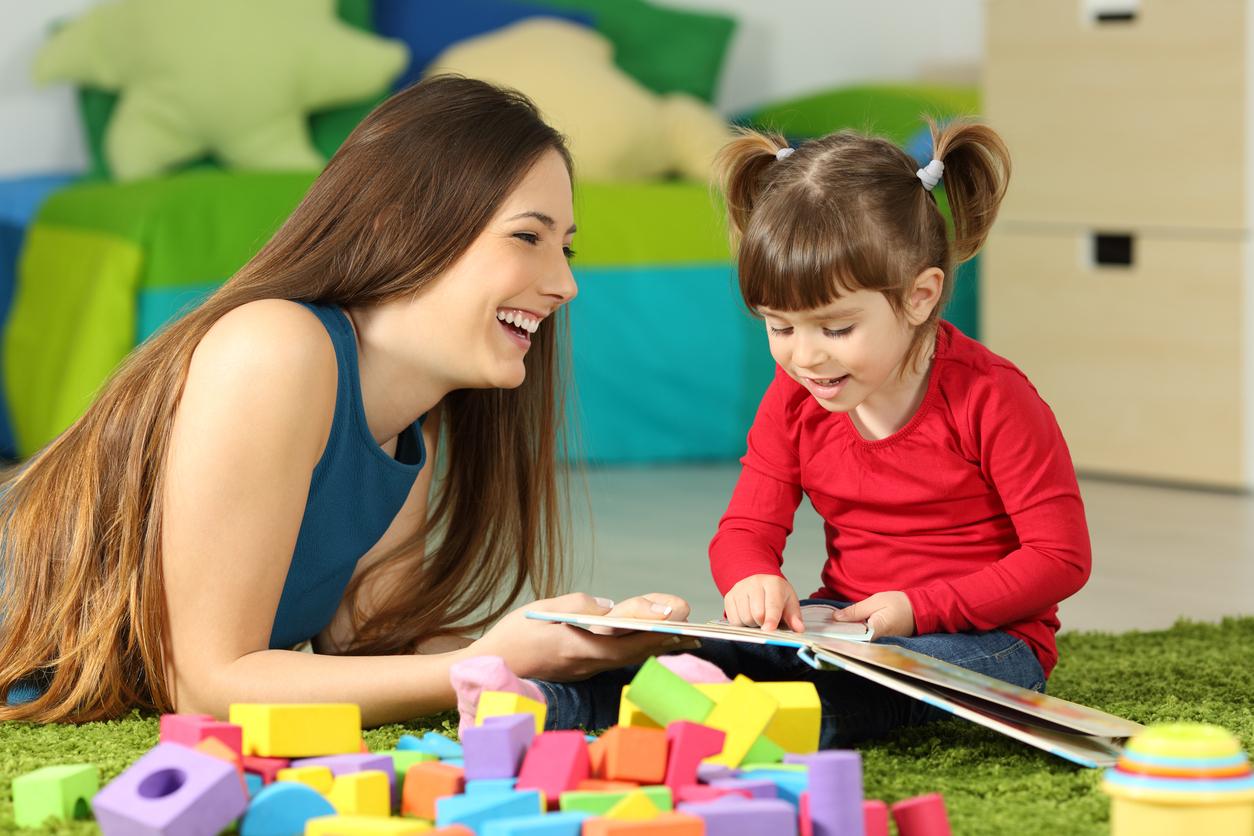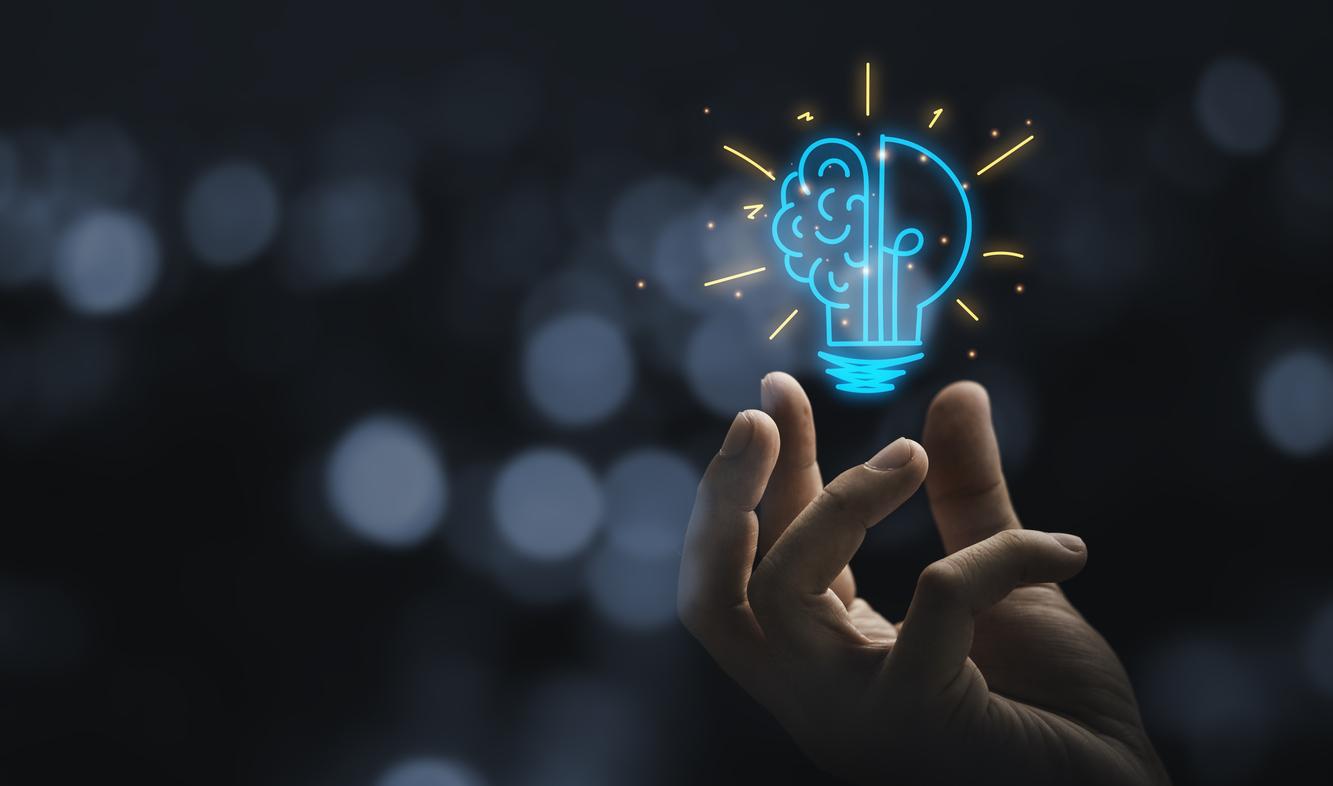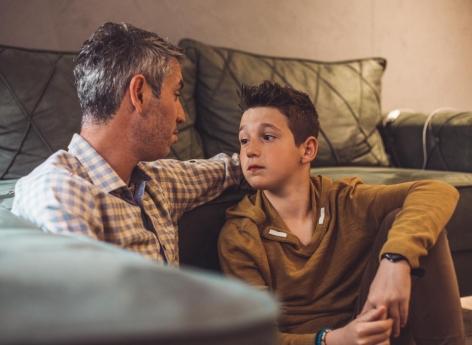The ability to feel joy in the misfortunes of others is a complex aspect of the emotions of human nature.

- Sometimes less noble emotions mix with our empathy, especially when we feel joy in the face of another’s misfortune.
- If most of the time this reaction is involuntary, it is because it is linked to our natural propensity for social comparison.
- This feeling of joy often gives way to guilt and even remorse.
If empathy is a deeply rooted emotion in us, it sometimes happens that less noble emotions are mixed with our empathy, especially when we feel joy in the face of the misfortune of others. This complex, sometimes disturbing phenomenon can be explained all the more in a society where social comparison and competition are dominant values.
Envy and social comparison
Living in a society where success is valued, and where we are constantly exposed to the achievements and happiness of others, particularly thanks to social networks, breeds comparison, even involuntary ones.
When someone we know, or think we know through social media, suffers a setback or is going through a difficult time, a response of relief may be felt from comparing our own situation to that of the person experiencing difficulty. .
If most of the time this reaction is involuntary, it is because it is linked to our natural propensity for social comparison.
The influence of rivalry and competition
Rivalry and competition are inherent to human nature. Regardless of areas of life, we can feel in competition with each other, whether it’s for a job, a promotion, or even the attention of a loved one.
When a rival or competitor fails, or faces a setback, then it is possible to feel satisfaction. As if his failure strengthened our own position in the competition.
A feeling that raises questions about one’s life
The feeling of satisfaction or joy felt, even fleetingly, in the face of the misfortune of others, actually reminds us of gratitude for our own situation. Far from meaning that we are a cruel and insensitive person, it should on the contrary push us to think about our own choices and our priorities.
This is why this feeling of joy often gives way to guilt and even remorse. Empathy quickly takes over and generates a feeling of compassion necessary to eventually help the person in distress.
Find out more: “The Little Book of Empathy” by Mariette Strub-Delain.

















